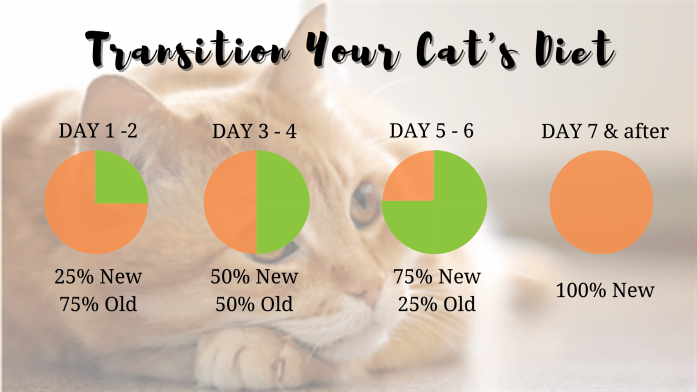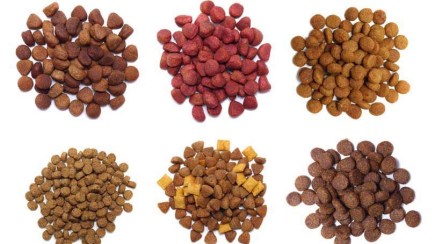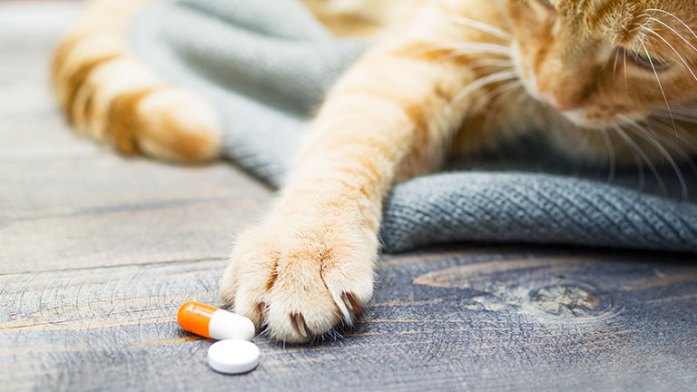We love our feline companions and it breaks our heart to see them grow older. But that doesn’t mean that we will love them any less. Similar to us, as our cats age, their nutritional needs will also change. Hence, it is important that we transition them to senior cat food that will better suit their health needs.
Some cats could be really picky eaters. Thus, it can be a challenge to suddenly transition them to a new type of cat food. This is why it is best to slowly transition them to the new diet. Transitioning to a newer diet may be appropriate for senior cats that needs certain amount and type of nutrients.
In this article, we shall provide you with some helpful tips on how you can properly transition your cat to a senior cat diet.
Tips for Transitioning to Senior Cat Food
Your cat may still behave like a kitten as they reach their senior years, which is around 10 years. However, as they age, their bodies change, which means their dietary needs have also changed.
When a cat is 12 years old, they are equivalent to about 64 “human” years. It is only normal that your cats may experience issues with their health such as arthritis, diabetes and other ailments. A healthy diet based on specific needs can help prevent and/or minimise the symptoms of the aforementioned conditions.
They are several tips available to ensure a safe and gradual transition to a senior cat food diet. They are:
Senior Cat Food Formula
Senior Cat Food are formulated to contain the proper nutrients needed for a cat that is 10 years and older.
Transition Gradually

Transitioning should take about 7 days to help prevent digestive issues and to get your cat accustomed to the new food.
What if my Cat is a Picky Eater?
Show patience! It may take as long as 14 days to fully switch your cat to a senior age cat food.

Other factors such as the shape, size and consistency of the new food may affect the duration needed for your cat to fully adjust.
There are different forms and types of cat food available. Read on here to find out the different types of cat food.
What should I take note of?
Firstly, seek the advice of your vet before beginning the transition process. Some vets may advise you to switch their food immediately without transitioning due to certain health issues.
Secondly, always make sure your senior cat has access to clean, fresh water. This is especially important if they are transitioning from wet canned food to dry food.
Thirdly, it is important to ensure that your cats are consuming the appropriate amount of water they need daily. If your cats are not drinking enough water, consider adding some water into their food. You should also consult your veterinarian if you notice them being dehydrated or constipated.
Fourth on the list, if you are switching your cats to therapeutic cat foods due to certain diets or health needs, it is crucial that you pay close attention to the guidelines. You should also take note of the food’s own specific feeding requirements and quantities.
Lastly, watch your cat’s calorie intake. This is especially so for indoor cats. The recommended calorie intake for indoor cats are 50 kcal/kg per day. You may need to adjust the intake according to your cat’s age, weight, health and activity level.
Supplements For Senior Cats

If your cat is consuming the proper amount and type of nutrients, they should not need additional supplements. However, like us, cats do age and their health needs may sometimes be hindered by certain age related health issues such as kidney disease, diabetes, obesity and dental issues.
Therefore, additional supplements are sometimes needed in their diet as some of the above-mentioned conditions makes it difficult for the body’s natural mechanism to fully absorb and benefit from certain nutrients and vitamins.
Despite that, it is always the better option to seek the advice of your veterinarian before adding any nutritional supplements to your cat’s diet. What might work for dogs, might not be necessarily beneficial to cats. Hence, it is imperative that you consult your vet before adding a supplement to your cat’s dietary routine.
What to do if Your Senior Cat is Not Eating?
If you notice that your senior cat is suddenly not eating, you need to contact your veterinarian. This is because a change in appetite may be an indicator of an underlying condition such as chronic pain, dental issues, cancer, diabetes or gastrointestinal issues.
Your vet will be able to give your cat a proper diagnosis and ensure that she is receiving prompt proper care and treatment. Furthermore, they might also advice you to adjust their diet if needed. In some cases, they may prescribe an appetite stimulant such as mirtazapine or cyproheptadine.
If you follow your veterinarian’s advice, your senior cat should be able to safely transition to a senior cat food diet. Again, it is important that you consult your veterinarian before beginning this transition or making any changes to your cat’s diet or lifestyle.


